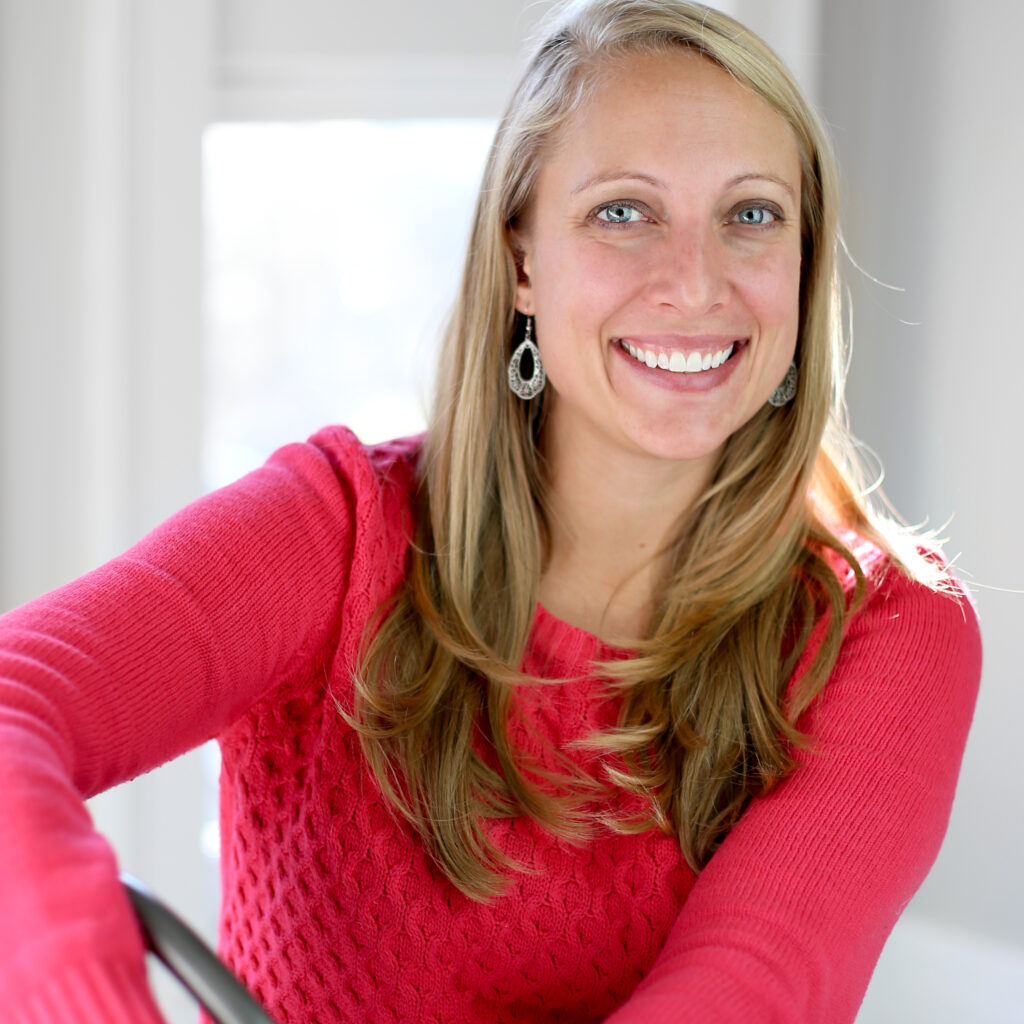2011
Originally published in The Citadel, 2011
In a remote East African country rife with poverty, malnourishment and ethnic tension, former Third Battalion Commander Olivia Perry-Smith, ’05, has given up worldly possessions for a far more rewarding experience in servant leadership—a chance to help the poor.
I was the first white person they had ever seen. More than 100 kids and several curious adults surrounded me as I rolled up my sleeves so they could touch my arms. It was rare to have visitors from the capital city, Bujumbura, and even more uncommon to see a mzungu, or white person, in the area. Hidden in the heart of Africa was a Batwa (pygmy) village I was visiting with a water assessment team. We were there to locate the nearest water source, evaluate what was necessary to provide clean water for the community and assess countless other needs.
The village was one of the most miserable environments I have ever encountered— more than 100 families crowded onto a steep mountainside, living in homes made from sticks and leaves that leaked like a sieve when it rained. Because there were no toilets, I had to stay on the path and watch where I stepped. Goats and sheep were kept inside the tiny twig huts where entire families slept on a small bed. They ate one meal a day, children were severely malnourished and their life expectancy was only 28 years. Yet, as I walked through the village and made new friends, I could not help but smile. I knew something they did not… transformation was on the way. It would be slow, difficult and often heartbreaking work, but it was not hopeless.
Burundi found her way onto my world map through the man I now work for—Simon Guillebaud, the founder of Great Lakes Outreach, a small nonprofit organization that works with Christian partners to fund sustainable, life- changing projects for the people of the Great Lakes region in Central Africa. Simon was speaking at my church in Charleston during my senior year at The Citadel, and his first words changed my life forever. I was nearing the end of my cadet career and causing everyone but myself anxiety because I didn’t know what I was going to do after graduation. Somehow, I just knew it would come together. Then Simon said, “I’m not here to ask you to come to Burundi. In fact, I don’t want you to come… unless God calls you. Because I do not want your blood on my hands if you come and you’re not supposed to be there.”
Unlike the others who listened to that same message, I knew I was supposed to go. Not long after graduation, I was off for my first visit to Burundi, which was still in the middle of a 17-year civil war.
Burundi is a small African country whose name means “the other place.” Out of sight and out of mind, Rwanda’s little sister to the south was largely ignored by the same international community that eventually put a stop to the Rwandan genocide. During the hidden years, Burundi suffered the same ethnic tensions between the Hutu and Tutsi as Rwanda, and the minority population of Batwa was altogether forgotten.
When Simon moved to Burundi during the war, he found a handful of Burundian visionaries who wanted to change a place most consider too difficult, too corrupt and too complicated to make a difference. These Burundians recognized that they could not rely on outsiders to solve their own problems, so they would make a difference themselves. And they do it all—orphanages, schools, food and agriculture programs, leadership classes, solidarity with the poor, reconciliation and trauma healing. After two visits, attending graduate school in the U.K. and reconnecting with Simon, I moved to Burundi in 2009 to attempt to fill his shoes as he traveled to help raise support for the work here.
My job is simply to serve those who are making the difference, connect them with the people and resources necessary to transform the country, and when possible, give away some of what I have learned. If “to whom much is given, much is expected,” then recognized that I have a great responsibility to use my gifts, skills and talents to make an impact on the world around me.
Much of the developing world is dependent on international aid. We want to equip our partners so they will eventually be able to support their own work financially, and the people doing these jobs will be Burundians. We empower them, which creates a sustainable future. Through social enterprises and projects in which our partners own the vision, we know that any changes made will endure. Sometimes the job requires servant leadership and doing small, thankless tasks that contribute to a larger cause. Leadership, at its best, is simply service. It is not glamorous, but it is rewarding, especially when I know I’ve contributed to something greater than myself.
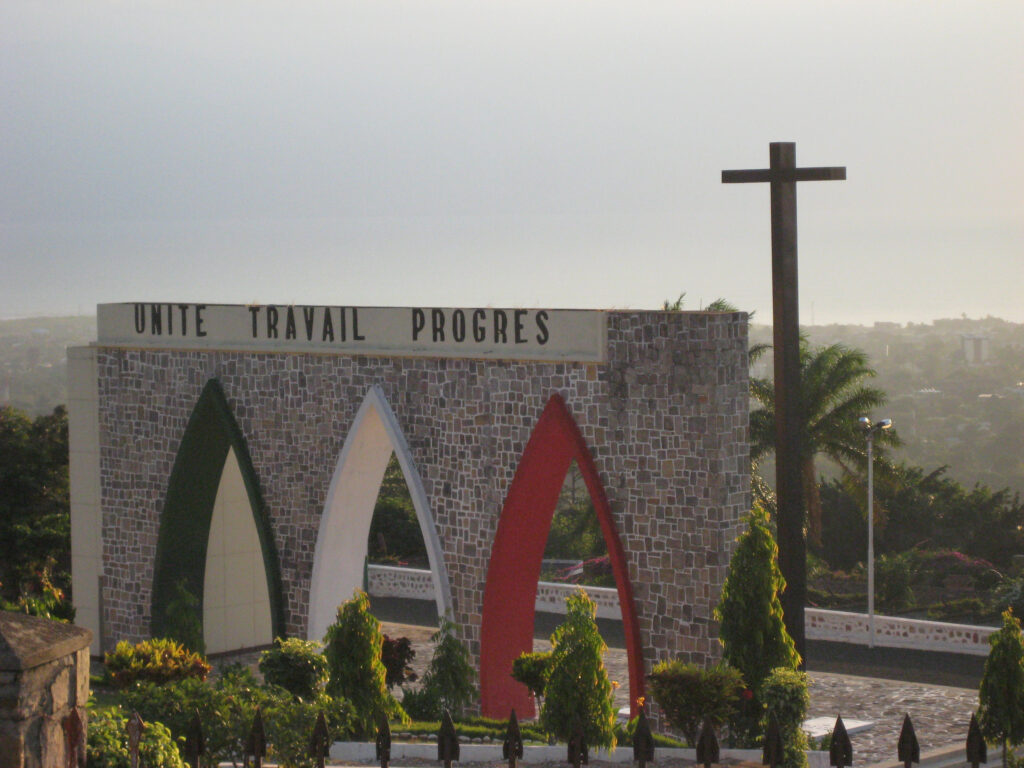
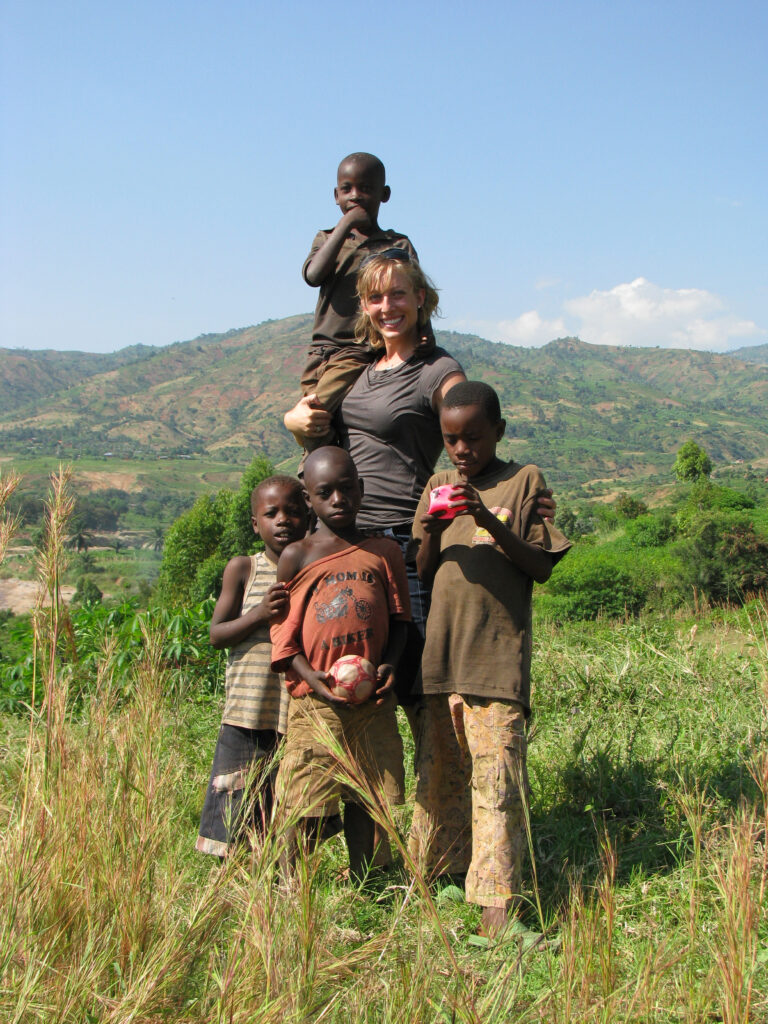
As a freshman at The Citadel, I would often reflect on how being at the bottom of the pile was teaching me how to do something without the expectation of recognition or praise. Then, as I worked my way up through the cadet chain of command, I realized that the higher the position, the greater the responsibility and the more selfless service required. As Third Battalion Commander, it did not take long to see that though the position was high in the rank structure, it actually meant being a servant of many. I also saw how every individual in that structure is vital. The job at the top is pointless if those at the bottom fail to do their part. It would also be pointless if I failed to recognize their vital role and was unable to provide adequately for those at the bottom. And so it is with working among the poorest of the poor in this world. Everyone wins when the poor are empowered.
The unexpected part of living in Burundi is what I learn from the people around me. As I give away from my bank of education and experiences, I am also learning valuable lessons only the poor and hurting can teach.
One powerful example comes from the Burundian perseverance and ability to forgive after suffering the unthinkable. It continually astounds me. I once shared a story with a group of 200 Burundian university students about how I was able to reconcile with a friend after an estrangement. After the talk, a student came to me with tears streaming down her cheeks. She understood forgiveness. She forgave the man who killed her family despite others telling her not to do this. Now, she walks in freedom and peace without bitterness or resentment in her heart.
This young woman is not an isolated case. Several of my colleagues watched their loved ones being killed and have not allowed past nightmares to darken their future. They bravely pick up the pieces, sometimes even face their enemies, utter the words “I forgive you” and then move forward with a vision of a better place.
Unbound generosity is another lesson. I regularly give away items left by visitors: jackets, shoes, socks, shirts, backpacks. But one day, a man came to give me something back: potatoes and corn grown on his land. All I could do was graciously receive the gift, then turn away and cry. I gave to this man out of the excess of others, yet he returned the gift to me out of his own hard work and from the food that would have fed his family. His generosity has helped me learn how to loosen the grip on my possessions and more freely give from what I have.
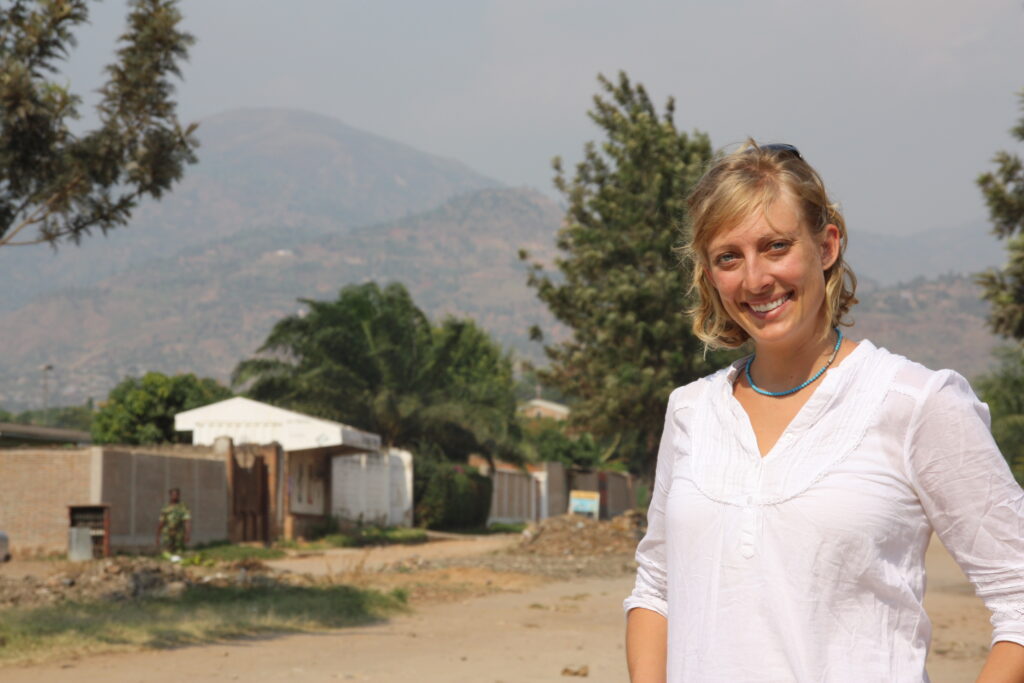
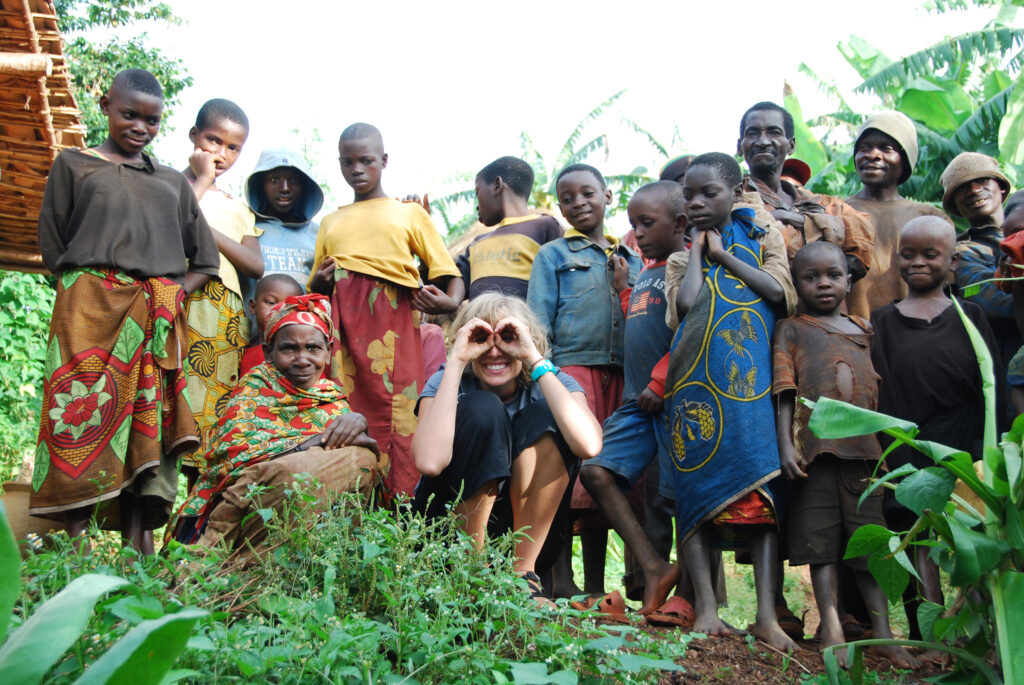
When I first arrived in Burundi, I wrote in my journal that I wanted to be “ruined to the world.” I did not want to spend my life trying to fulfill the American dream by struggling for a bigger house, a better car and a larger salary to maintain it all. I wanted something impossible to fulfill with a dollar sign. Because of that decision, I sometimes receive criticism for wasting my life on the poor, but I cannot think of a better place to spend it. I have the privilege of applying what I’ve learned and loving my job. I love where I am, what I am doing and who I am with. Many people ask me when I am coming back to the United States or when I will be finished. The truth is that I have no idea. I only know that it will be time to go when another volunteer who can do my job better takes over, when I have shared all that I know and need to move on to learn more or when a Burundian can take my place. Whichever happens first, my objective is to become obsolete.
The United States is often called the “land of opportunity,” but I feel this way about Burundi. If we can dream it, it can happen, and it needs to happen. In fact, everything needs to happen here. One of my favorite ways to help make this change is by investing in future generations. It is often said that the problem in Africa is not poverty, disease or poor education, but the lack of good leaders. By mentoring and teaching others some of the principles I learned as a cadet, I am optimistic about the next generation of Burundians taking responsibility for leading their country into a better future. Despite many challenges, I see young people beginning to own a vision for a better place. It is an honor to help them not only to dream, but also to make some of those dreams come true by investing time, money and energy in a place that desperately needs the help.
Transformation takes time, a strong resolve and plenty of vision. But transformation is happening in Burundi. In the Batwa village I first visited almost two years ago, dramatic changes have taken place. At the same time, the link between The Citadel and Burundi continues to grow. A current Citadel honors student, Cadet Nick Slater, spent his summer in the dirt with some of the poorest people in the world. He gave his time and knowledge to help those who will never be able to pay him back, to show them that their lives matter. His service has contributed to a new water system, 15 new homes, a food program for kids and a clinic that is about to open.
The work here is a beautiful act of service, and one of which I am privileged to play a part. Whether it is a dental team, a medical team or a group coming simply to provide solidarity by building mud bricks, it is all part of healing a land that has suffered more than we can fathom. Not only are the physical needs of the Batwa being met, but the people are finally starting to see that they have a hope and a future. This is work that changes lives.
Olivia (Perry-Smith) McGraw is married to an entrepreneur, Jonathan, has two tenacious daughters, Madeline (6) and Josephine (3), and resides in Colorado. She is aware of the irony in her career shift from the nonprofit world into Unbridled Wealth as a wealth strategist but loves teaching others how to steward their financial legacy. She still serves on the Board of Great Lakes Outreach and dreams of taking her family to Burundi for a summer.
